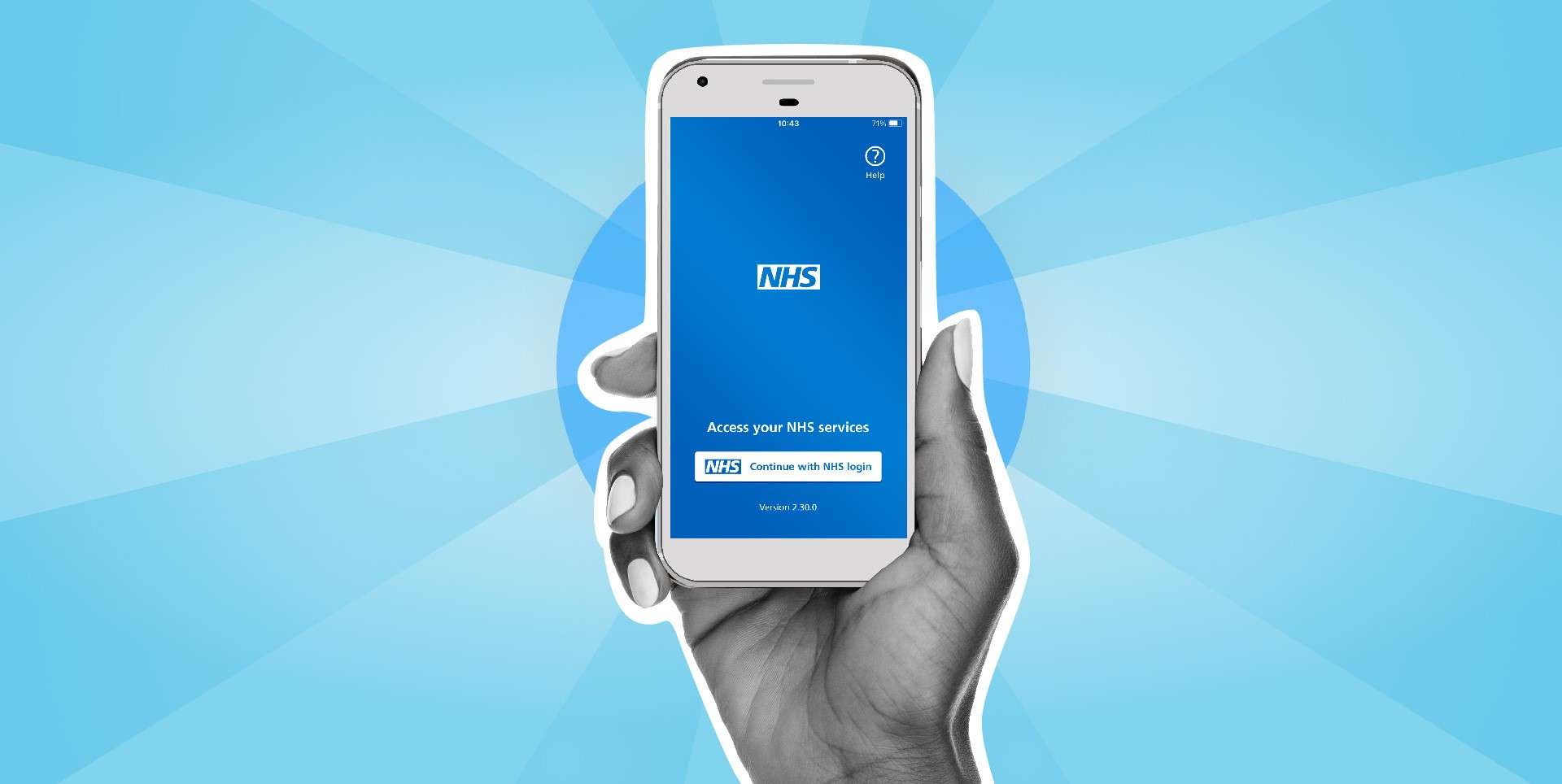Annual report of tech agency – which will shortly be wholly merged into NHS England – details progress in many areas
Credit: Engin Akyurt/Pixabay
NHS Digital has claimed that the 2022 fiscal year – in which it spent more than £750m – is likely to be seen as “turning point” in the technological transformation of the health service.
The organisation’s recently published annual report for the 12 months to the end of March 2022 show that its total expenditure for the year was £755m – equating to an increase of £160m on the prior year, and a rise of more than 60% compared with FY20.
Operational expenditure in 2021-22 stood at £380.8m, while staff costs came in at £263m; in both cases, this equates to an annual increase of almost 30%.
The rise in spending – during what is the organisation’s last full year as an independent entity, before its imminent merger into NHS England – came during a period in which digital technology and data played a central role in supporting the response to the Covid-19 pandemic.
In a jointly authored foreword, chair Laura Wade-Gery and interim chief executive Simon Bolton said that “there is no doubt that the pandemic was a critical opportunity for digital transformation [and] our health and care system responded to the biggest health crisis it has ever faced with a concentrated burst of innovation”.
“We rapidly developed digital infrastructure, data flows, point-of-care systems, advanced data analytics and connectivity that made it possible to keep health and care services running effectively, to test and vaccinate an entire population and to develop our understanding of and, eventually, control the virus’s effects,” they added. “The pandemic pushed people online, transformed patient expectations of what was possible digitally and changed clinicians’ ways of working.
“We’ve seen mass adoption of digital services by the public and by the health and care workforce. It significantly advanced our agenda, but we must now deliver the functionality – the personalisation, usefulness and responsiveness – that people already expect from digital services in other areas of their lives. Frontline staff simply do not have the time to deal with systems that are not fully joined up or don’t fully meet their needs. If we are unable to justify our place on people’s smart screens or in the workflows of desperately busy health and care professionals, we will lose it.”
Related content
- NHS signs £400k deal to clear backlog of online content reviews
- NHS Digital spends £8m on four deals to support ‘Covid-19 rapid response’
- Mental health: NHS looks to digital and data to close ‘historic treatment gap’
In FY22 the National Coronavirus Testing System processed 350 million test results. There were more than 1,000 separate software releases for the technology that underpins the platform as NHS Digital adapted its work “in response to changing policy”.
Three months into the year, the tech agency also supported the launch of the NHS Covid Pass vaccine certification. Since then, more than 300 million passes have been issued.
Serving as the primary means for obtaining the passes gave the NHS App a huge boost in uptake. First launched in late 2018, more than 26 million people have now signed up for the program – compared with just 250,000 that had done so as of early 2020, when the coronavirus crisis began to develop.
The vaccine pass functionality was added to an app for which the primary intended purpose was to better allow patients to manage NHS interactions and personal information. This includes options to book primary care appointments, access test results and other patient records, order prescriptions, and submit preferences for organ donation and data-sharing.
The NHS Login system that allows citizens to access these features was used 1.1 billion times in 2021-22, NHS Digital said. Visits to the NHS website during the year came in even higher, at 1.2 billion.
‘Digital is central to the future of the NHS’
The annual report shines a light on the growing use of technology services by care providers, with 80% of GPs across England making use of the central digital vaccine dashboard, to help inform local rollouts and drive uptake of coronavirus jabs.
NHS Digital collects and manages 240 discrete data sets from 10,000 care providers and, during FY22, it approved 839 data-access requests. The organisation now manages a total of 950 live data-sharing agreements, according to the yearly update.
The technology agency also supports the central IT infrastructure of an NHS workforce that sent 299 million email messages, made 31.7 million calls, and scheduled 66 million Microsoft Teams meetings during the year. The NHS Spine system that supports the secure sharing of clinical information was used up to 1.4 billion times each month.
In their foreword, NHS Digital’s leaders Wade-Gery and Bolton said that such figures add up to a landmark year for the use of technology across the health service. But – with post-merger plans to cut up to 40% of jobs across the combined workforce of national NHS bodies – they acknowledged the concerns some may have about how the orgainsation’s work progresses from here.
“When we look back on 2021-22 in 10 years’ time, we may well see it as a turning point,” they wrote. “We’ve been talking about ‘digital transformation’ in the NHS for a long time. Last year, we began to see transformative change, both in NHS structures and in the use of digital services, that, at last, seem to justify that billing.”
They added: “As we approach the merger with NHS England, we’re acutely aware that some of our staff are uncertain about how the new organisation will operate. But it is clear that data and digital technology is central to the future of the NHS and that our teams will continue to be central to delivering that future. We’re looking forward to the next 10 years.”



